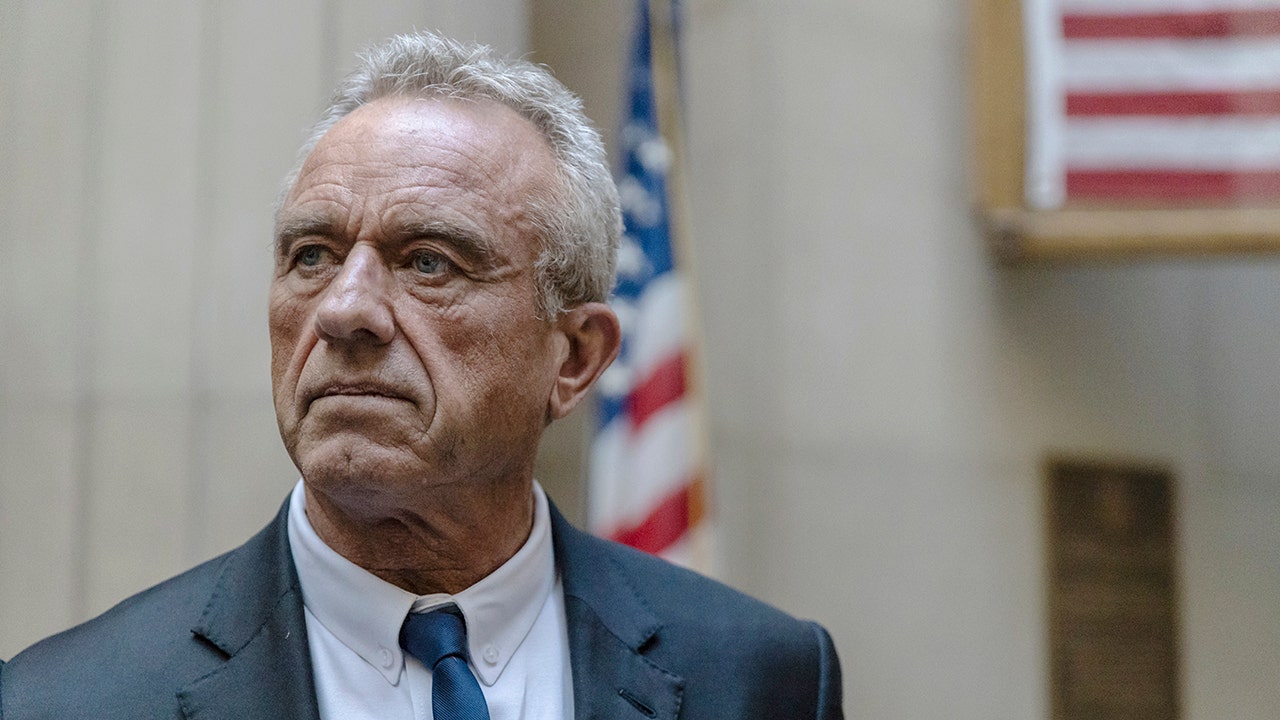Physician governor lobbies against RFK Jr’s nomination on Capitol Hill

Hawaii’s Democratic Governor and practicing physician, Josh Green, is making his voice heard on Capitol Hill this week as he lobbies against the nomination of Robert F. Kennedy Jr. for Health and Human Services (HHS) Secretary. In a recent op-ed for The New York Times, Green emphasized the critical importance of preventing Kennedy from leading the agency, stating that “our children’s lives depend” on this decision.
Green, who has a background in emergency room medicine and has continued to practice throughout his legislative career, has a strong commitment to public health. In 2019, as Hawaii’s lieutenant governor, he played a key role in increasing vaccination rates in Samoa during a measles outbreak in the region. His dedication to healthcare and preventive measures has driven him to Capitol Hill this week to advocate against Kennedy’s nomination.
“As the only physician governor, I need to explain what are good picks and what maybe aren’t so good picks for the cabinet,” Green emphasized in a video statement before his trip to Washington. He clarified that his opposition to Kennedy is not personal or politically motivated, but rather based on concerns about the potential impact on children’s health.
During his meetings in Washington, Green plans to engage with lawmakers and other leaders to explore alternative roles for Kennedy, rather than heading HHS. He stressed that Kennedy’s confirmation would be “a bad idea” and not in line with the safety of children.
The likelihood of Kennedy’s confirmation has come into question following criticism from Sen. Bill Cassidy, R–La., who highlighted Kennedy’s controversial views on vaccines. Concerns have been raised about Kennedy’s stance on the polio vaccine, particularly after reports that one of his colleagues at Children’s Health Defense, a nonprofit Kennedy previously chaired, petitioned the government to revoke approval of the vaccine in 2019.
Green’s opposition to Kennedy centers on his anti-vaccine rhetoric, particularly during the Samoa measles outbreak, where Kennedy reportedly promoted misinformation and cast doubts on vaccine efficacy. In his op-ed for The New York Times, Green condemned Kennedy’s actions, stating that he “used misinformation to scare all the people of Samoa away from being vaccinated” and undermined vaccination efforts in the country.
While Kennedy’s team has not responded to inquiries, Kennedy himself has sought to clarify his position on vaccines, stating that he “never told anybody not to vaccinate” and expressing support for the polio vaccine. Despite these assurances, Green and other critics remain wary of Kennedy’s leadership at HHS.
Proponents of Kennedy’s nomination argue that his proposed policies will be based on logic and science, with a focus on evidence-based changes. However, Green and others maintain that the potential consequences of appointing Kennedy to such a crucial role in public health are too great to ignore.
As Green continues his advocacy efforts on Capitol Hill, the debate over Kennedy’s nomination rages on. The health and well-being of children across the country hang in the balance, as lawmakers weigh the potential implications of this controversial appointment.




